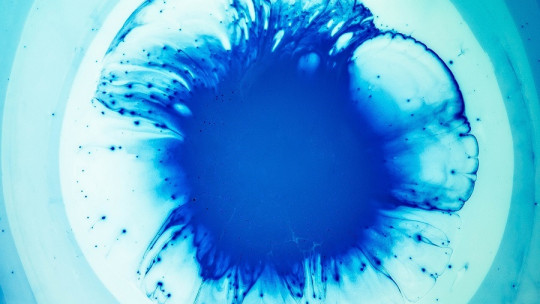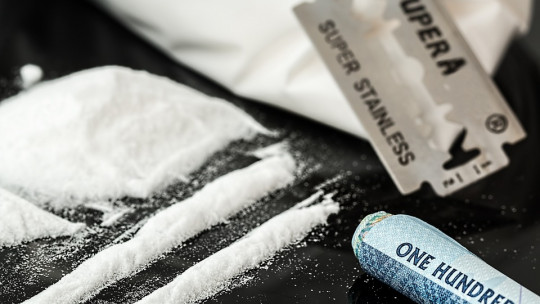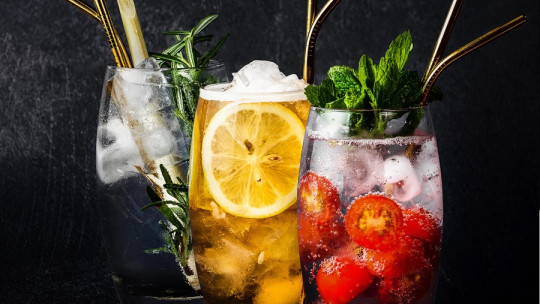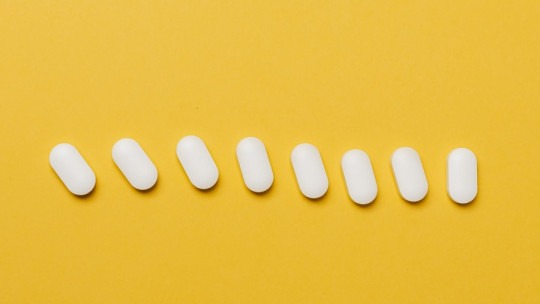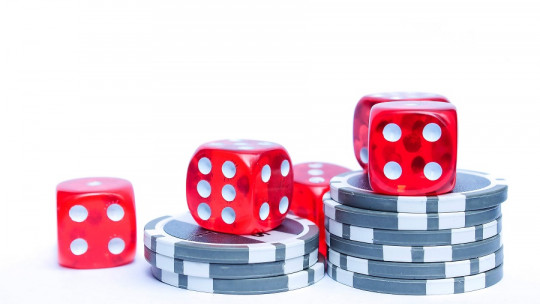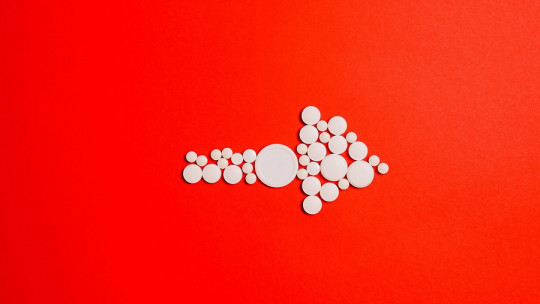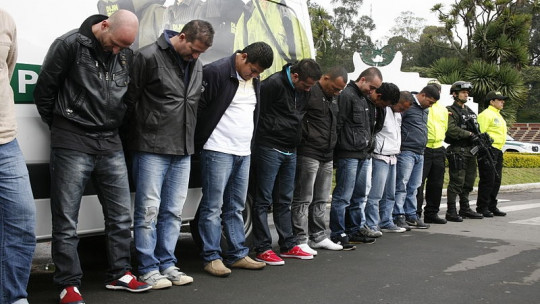
It has been proven for more than 100 years that the war on drugs has not reduced addictive consumption. In part, this occurs because it does not emphasize what makes an addict “become” addicted.
What has caused the war on drugs to fail? Let’s see it.
Why the war on drugs doesn’t work?
Even though certain substances are prohibited, consumption continues, and it does so in high-risk situations. The war on drugs, as its name suggests, leaves aside the figure of the consumer as a person with an addiction or health problem, emphasizing the substance as an active agent.
In reality, the leading role in addiction is embodied by the person, not the substance; a person, with certain traits and predispositions, both physical and psychological, who develops in a family and social context that, due to different circumstances, promotes, allows or does not limit substance consumption
Beyond the high addictive power of some substances, it is not the drug that generates the addiction. This allows us to understand why there are also addictions that do not refer to chemical substances, but to activities or people, as for example, in the case of gambling addiction, as complex and problematic as any addiction; besides there may be addictive behavior linked to shopping, food, work technology, a relationship, etc.
The war on drugs does not reduce violence
The war on drugs does not put an end to the violence surrounding drug trafficking In fact, it continues to produce violence, deaths and murders. These usually occur in the hands of the security forces, as small traffickers are killed, instead of being properly detained as a consequence of their criminal act. In addition, there is a high mortality rate among criminal gangs, which murder each other, in search of power and control of the drug market.
A clear example that this war has not brought the expected effects is the prohibition law and the consequent prohibition of the production, distribution and marketing of alcoholic beverages. As an effect, far from promoting health or reducing morbidity and mortality rates linked to alcohol consumption, there were deaths caused either by the ingestion of adulterated alcohol or by murders of criminal gangs that fought to manage the clandestine market of alcohol.
The effects of the ban
Another side of the war on drugs refers to terms such as criminalization versus decriminalization, prohibition versus legalization. Criminalizing substance consumption implies that the consumer be conceptualized as a person who commits a crime
In Argentina, this is established by the narcotics law No. 23,737 approved in 1989 and in force today. Possession for personal consumption is punished in a mitigated manner from one month to years in prison, with the possibility that the process is suspended by the Judge and that the consumer is subjected to a curative or educational security measure for the time necessary for detoxification and rehabilitation. Thus, rehabilitation is thought of as an accessory to punishment.
However, the Supreme Court of Justice declared the unconstitutionality of the criminalization of possession for personal use (Arriola ruling) but the law has not yet been modified and currently criminal proceedings continue against those found with possession of narcotics, although small quantity involved.
The need to understand the context of consumption
If we consider that the addict is not a criminal, but rather a person with a health problem, we will know that Jail is not the place where he will be rehabilitated
Although there are addicted people who commit crimes, in any case they should be penalized for the crime committed and not for the consumption itself.
It is based on this conception that aims at decriminalization and decriminalization of consumers; considering the penalty only for those who market the drug. In any case, it is important to note that this means that the consumer has to obtain drugs from traffickers, which continues to imply risk and illegality.
If the debate revolves around the prohibition or legalization of substances and the elimination of drug traffickers in any case, the axis of analysis shifts towards substances, leaving aside the unique relationship of a consumer with the substances they consume. consume. In this way, the emergence of questions that raise questions about consumption and make it symptomatic could be hindered, a necessary condition for starting treatment.


